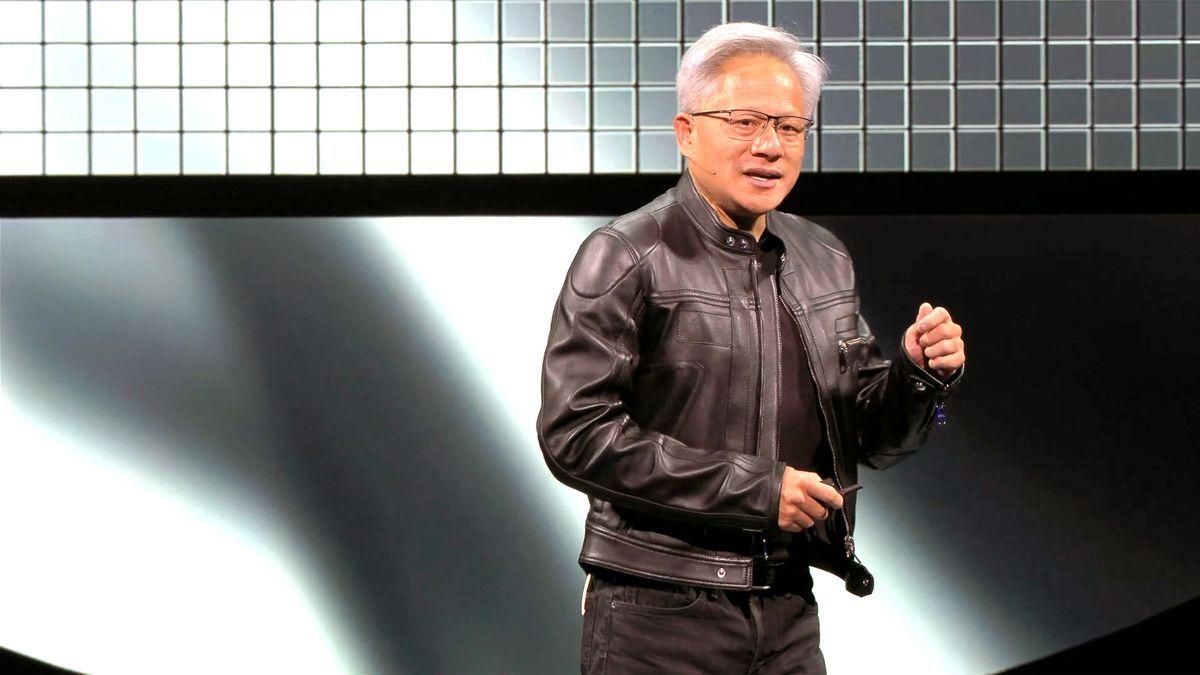Elon Musk Predicts Work Will Be Optional Within 20 Years as AI and Robotics Transform Labor
4 Sources
4 Sources
[1]
Elon Musk on the future of jobs and AI, 'My prediction is that work will be optional'
The automation that comes with AI is certain to affect jobs, but when recently asked about this topic, Tesla CEO Elon Musk, as is his way, went a step further and declared, "My prediction is that work will be optional." Now, this is a bold statement, though perhaps Musk, who appeared alongside Jensen Huang (who has his own strong opinions on AI and jobs) at the U.S.-Saudi Investment Forum in Washington, D.C., thought this kind of global stage was the perfect place to make such a wild prediction. To be fair, Musk didn't say this AI workforce revolution would happen today or even next year. "Maybe it's 10-20 years, something like that. For me, that's long-term," he explained. As for what work will remain, Musk seemed to describe it as mostly teleoperated: "It'll be like playing sports or a video game." So your job in 2035 might be performed from your couch via joystick. In Musk's imagined future, there will be some who choose to work, but they'll be like the people who have vegetable gardens. Perhaps it's best if I let Musk explain. "In the same way, you can go to the store and buy some vegetables or you can grow vegetables in your backyard...it's much harder to grow vegetables in your backyard, but some people do it because they like growing vegetables. That will be what work is like, optional." This premise doesn't hold up in any logical sense, but Musk buttresses the argument with a rather magical leap. "Now, there will still be constraints on power, like electricity and mass - the fundamental physics elements will still be constraints - but I think at some point, currency becomes irrelevant." Look, I know we just ended the Penny in the US, but we still need all those other nickels, dimes, and dollars to buy all those vegetables we're not growing in our backyard. On the one hand, Musk is not wrong that AI is eating into the job market. McKinsey reported that 92 million jobs could be displaced by automation by 2030. Goldman Sachs put the number at 300 million jobs globally, though the timeline is not clear. So what's the problem with Musk's dystopian view? Like him or not, the world's richest man is a change- and taste-maker. He has the ear of at least one President (when they're not fighting) and is revered on his owned and operated platform X (formerly Twitter) by millions. He is also, arguably, often unable to control impulsive thoughts or think through the ramifications of his words. I've covered Musk for over a decade (for two years I ran podcast on his daily doings) and this attitude of bold pronouncements often followed by confusion or consternation has been pretty much on brand for him for over a decade. Some of what Musk promises or says comes true. He willed Tesla into becoming a global EV brand and applied the same kind of drive to making SpaceX the shuttle for both the International Space Station and thousands of Starlink satellites. He talked himself into owning Twitter and then refashioned it in his own unpredictable image. Musk has often said he cares most about the Internet, energy, and becoming a multiplanetary species (he once said it to me), but it's often hard to know what he stands for. He tweeted in 2020, "I am selling almost all physical possessions. Will own no house," and yet he is not only the richest man in the world, but does seem quite concerned with monetary wealth, having just negotiated one of the largest CEO pay packages in history. It's easy, I think, for the world's richest man to tell people, many who are struggling paycheck to paycheck, that money won't matter and work will be optional because AI and robots will do everything for us. Musk says it'll take a lot of work, but he has never offered any plans for helping regular people through that work to arrive at this utopia or dystopia. Well, no plan beyond AI and humanoid robotics, which he said "will actually eliminate poverty." How this happens is unclear, and I doubt Musk has a plan for making it so. Instead, he just keeps building rockets to take I don't know who to an uninhabitable Mars, and keeps building tin car trucks that most consumers could never afford, let alone want. He aligns himself with a US administration that cosies up to the wealthiest nations while people in small towns hold down two or more jobs to pay for next week's Thanksgiving dinner. I think back to the man I met more than a dozen years ago. I thought he was brilliant, a little shy, and probably overworked. Even back then, he was running Tesla, SpaceX, and SolarCity. He told me how he used email to manage it all and keep it all straight. It was a good talk, and I felt comfortable asking him about his hobbies or skills outside of business. He had none but shared that he could whistle. So I asked him to whistle something, and he chose, "Fly me to the moon." It was a sweet and fairly innocent moment. What, I wonder, would Musk whistle today? Maybe this?
[2]
Elon Musk believes work will be "optional" by 2045
Dreading your morning commute? Tired of the day-to-day grind? Elon Musk says those days are coming to an end, with work being something optional for most people in the years to come. Musk, speaking at the U.S.-Saudi Investment Forum Wednesday with Nvidia CEO Jensen Huang, offered a bullish (even for him) view of robotics and AI, saying they would eliminate the need for people to work within the next quarter century. "I don't know what long term is, maybe it's 10, 20 years or something like that," Musk said. "My prediction is that work will be optional." That's not to say you won't be able to work if you don't want to, he added. It will just be optional. "It'll be like playing sports or a video game or something like that," he said. "If you want to work in the same way, like you can go to the store and just buy some vegetables, or you could grow vegetables in your backyard. It's much harder to grow vegetables in your backyard, but some people still do it because they like growing vegetables." So how will people pay their bills without work? Musk said he believes money will be irrelevant in the AI and robotics future. Musk, of course, has a strong financial interest in both of those fields. Tesla is developing the Optimus humanoid robot and his xAI could soon be worth $200 billion, more than twice its previously disclosed valuation. He also has a long track record of poor predictions, such as saying autonomous robotaxis would be widespread by 2019 and that humans would be on Mars by 2024.
[3]
Elon Musk says that in 10 to 20 years, work will be optional and money will be irrelevant thanks to AI and robotics | Fortune
In the future, Elon Musk sees humans as metaphorical vegetable farmers. The Tesla CEO said at the U.S.-Saudi Arabia Investment Forum in Washington, D.C. on Wednesday that in the next 10 to 20 years, work will be optional, likening the decision to having a job to the more laborious upkeep of a vegetable garden. "My prediction is that work will be optional. It'll be like playing sports or a video game or something like that," Musk said. "If you want to work, [it's] the same way you can go to the store and just buy some vegetables, or you can grow vegetables in your backyard. It's much harder to grow vegetables in your backyard, and some people still do it because they like growing vegetables." The future of optional work will be thanks to millions of robots in the workforce able to usher in a wave of enhanced productivity, according to Musk. The tech mogul, worth about $470 billion, has made the recent push to expand Tesla beyond just electric vehicles, working on consolidating his sprawling business interests into his broader vision of an AI-fuelled, robotic-powered future. That includes his goal of having 80% of Tesla's value come from his Optimus robots, despite continuous production delays for the humanoid bots. To many others, the notion of an automated future is less bright, particularly amid concerns and early evidence of AI displacing entry-level jobs, which may be contributing to Gen Z's job market woes and flatlining income growth -- more of a nightmare than a utopic dream. But in Musk's automated, job-voluntary future, money won't be an issue, he said. Musk takes a page from Iain M. Banks' Culture series of science fiction novels, in which the self-proclaimed socialist author conjures a post-scarcity world filled with superintelligent AI beings where there are no traditional jobs. "In those books, money doesn't exist. It's kind of interesting," Musk said. "And my guess is, if you go out long enough -- assuming there's a continued improvement in AI and robotics, which seems likely -- money will stop being relevant." At Viva Technology 2024, Musk suggested "universal high income" would sustain a world without necessary work, though he did not offer details on how this system would function. His reasoning rhymes with OpenAI CEO Sam Altman, who has advocated for universal basic income, or regular payments given unconditionally to individuals, usually by the government. "There would be no shortage of goods or services," Musk said at last year's conference. Tesla did not immediately respond to Fortune's request for comment. Creating the world Musk is describing will be a challenge, according to economists. First of all, there's the question of if the technology to automate jobs will be accessible and affordable in the next couple of decades. While the cost of AI is decreasing, robotics are stubbornly expensive, making them harder to scale, according to Ioana Marinescu, an economist and associate professor of public policy at the University of Pennsylvania, who alongside colleague Konrad Kording published a working paper at the Brookings Institute earlier this month. (For example, AI expense management platform Ramp noted in April companies are now paying $2.50 per one million tokens -- the fundamental unit for powering AI -- compared to $10 a year ago.) "We've been at it making machines forever, since the industrial revolution, at scale," Marinescu told Fortune. "We know from economics that...you often run -- for these kinds of activities -- into decreasing returns as it gets harder in order to make progress in a line of technology that you've been at, in this case, for a couple of centuries." AI is progressing rapidly, she said. Large language models can be applied to myriad white-collar careers, while physical machines, which she said are necessary in automated labor, are not only more expensive, but highly specialized, contributing to the slowdown in their workplace implementations. Marinescu agrees with Musk's vision of full-scale automation as the future of labor, but she is dubious of his timeline -- not only because of the limitations of robotics, but also because AI adoption in the workplace is still not as rapid as anticipated, despite recent tech-related layoffs. A Yale Budget Lab report from October found that since ChatGPT's November 2022 public release, the "broader labor market has not experienced a discernible disruption" because of AI automation. Then there's the matter of what these sweeping changes in labor will mean for the millions -- or possibly billions -- of people without jobs. Even with an established need for a universal basic income, finding the political willpower to make it happen is a different issue, said Samuel Solomon, an assistant professor of labor economists at Temple University. He told Fortune the political structure supporting the transformed labor force will be just as important as the technological one. "AI has already created so much wealth and will continue to," Solomon said. "But I think one key question is: Is this going to be inclusive? Will it create inclusive prosperity? Will it create inclusive growth? Will everyone benefit?" The current systems have appeared to widen the gap between the haves and have-nots during this AI industrial revolution, beginning with Musk's $1 trillion pay package. A ballooning AI bubble has also illuminated class differences, with earnings expectations being revised up for the Magnificent 7 because of the AI boom, while expectations for the rest of the S&P 493 are being revised down, according to Apollo chief economist Torsten Slok. It suggests that as of today. "Spending by well-off Americans, driven by their surging stock portfolios, is the single most significant driver of growth," Slock wrote in a blog post earlier this month. Ironing out the complicated logistics of a work-optional world is one thing. Figuring out whether that's something humans really want is another. "If the economic value of labor declines so that labor is just not very useful anymore, we'll have to rethink how our society is structured," Anton Korinek, professor and faculty director of the Economics of Transformative AI Initiative at the University of Virginia, told Fortune. Korinek cited research, such as the landmark 1938 Harvard University study that found humans derive satisfaction from meaningful relationships. Most of those relationships right now come from work, he said. In Musk's imagined future, the coming generations will have to shift the paradigm of establishing meaningful relationships. Musk offered his own take on the existential future of humans at Viva Technology last year. "The question will really be one of meaning: If the computer and robots can do everything better than you, does your life have meaning?" he said. "I do think there's perhaps still a role for humans in this -- in that we may give AI meaning."
[4]
Elon Musk Said Work Will Be Optional in 10 Years. Jensen Huang Responded
Elon Musk said this week that in 10 to 20 years, work will be optional. He was sitting on stage at the U.S.-Saudi Arabia Investment Forum in Washington, D.C. along with Nvidia CEO Jensen Huang. Since the Tesla CEO was awarded a $1 trillion pay package in November, he's remained in the news as he continues to make big claims about the future of AI and robots. "It will be like playing sports or a video game or something like that," Musk said of work in the long term. "The same way you can go to the store and just buy some vegetables or you could grow vegetables in your backyard. It's much harder to grow vegetables in your backyard, but some people still do it because they like growing vegetables. That will be what work is like. Optional." The comment comes amid large-scale layoffs being attributed to AI and growing concerns that the technology is taking jobs. Musk admitted that there's much to be done before working could become optional. But he pointed to Iain Banks' science fiction Culture series as a predictor of what life could be like. "Interestingly in those books, money is no longer...it doesn't exist," Musk said. "And my guess is if you go out long enough, assuming there's a continued improvement in AI and robotics, money will stop being relevant at some point in the future." When asked for comment, Nvidia's Huang didn't directly touch the claim. The two joked about Musk's prediction dropping right before the Nvidia earnings call on Wednesday. While he didn't offer a comment on the potential that currency will become irrelevant, Huang agreed that all jobs will be different. "A lot of the things that we do mundanely or arduously or very difficultly are going to be done very simply, and so we're going to be more productive from that sense," he said. But to Huang, increased productivity translates to having extra time to get things done. "In the near term I would say that there is every evidence that we will be more productive and yet still be busier, because we have so many ideas," he said. The final deadline for the 2026 Inc. Regionals Awards is Friday, December 12, at 11:59 p.m. PT. Apply now.
Share
Share
Copy Link
Tesla CEO Elon Musk forecasts that artificial intelligence and robotics will make traditional employment optional within 10-20 years, comparing future work to hobby gardening. His bold prediction sparks debate about automation's impact on jobs and the feasibility of a post-scarcity economy.
Musk's Bold Vision for the Future of Work
Tesla CEO Elon Musk made headlines this week with his prediction that work will become optional within the next 10 to 20 years, thanks to advances in artificial intelligence and robotics. Speaking at the U.S.-Saudi Investment Forum in Washington, D.C., alongside Nvidia CEO Jensen Huang, Musk painted a picture of a future where employment resembles a hobby rather than a necessity
1
.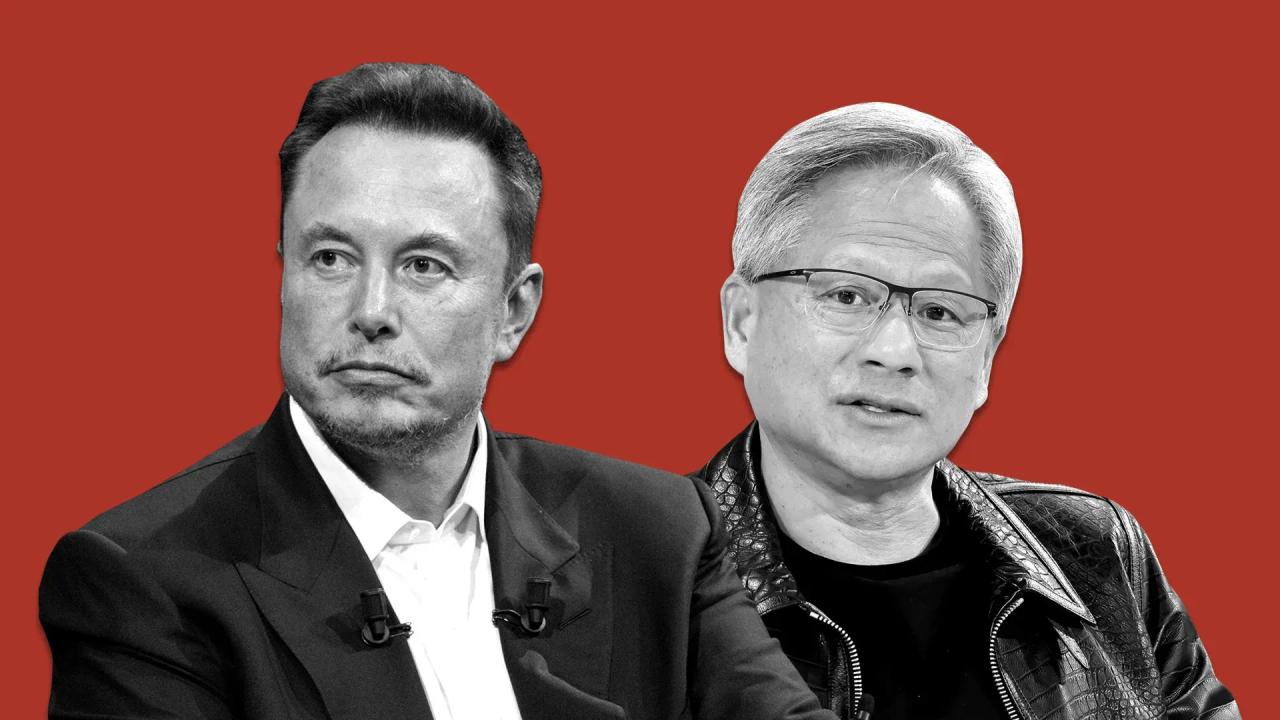
Source: Inc.
"My prediction is that work will be optional," Musk declared, comparing future employment to recreational activities. "It'll be like playing sports or a video game or something like that"
2
. He elaborated with an agricultural metaphor, explaining that work would be "the same way you can go to the store and just buy some vegetables, or you could grow vegetables in your backyard. It's much harder to grow vegetables in your backyard, but some people still do it because they like growing vegetables"3
.The Post-Scarcity Economy Vision
Musk's prediction extends beyond optional work to encompass a fundamental transformation of economic systems. Drawing inspiration from Iain M. Banks' Culture science fiction series, he suggested that money itself could become irrelevant in this AI-powered future. "In those books, money doesn't exist. It's kind of interesting," Musk noted. "And my guess is, if you go out long enough -- assuming there's a continued improvement in AI and robotics, which seems likely -- money will stop being relevant"
3
.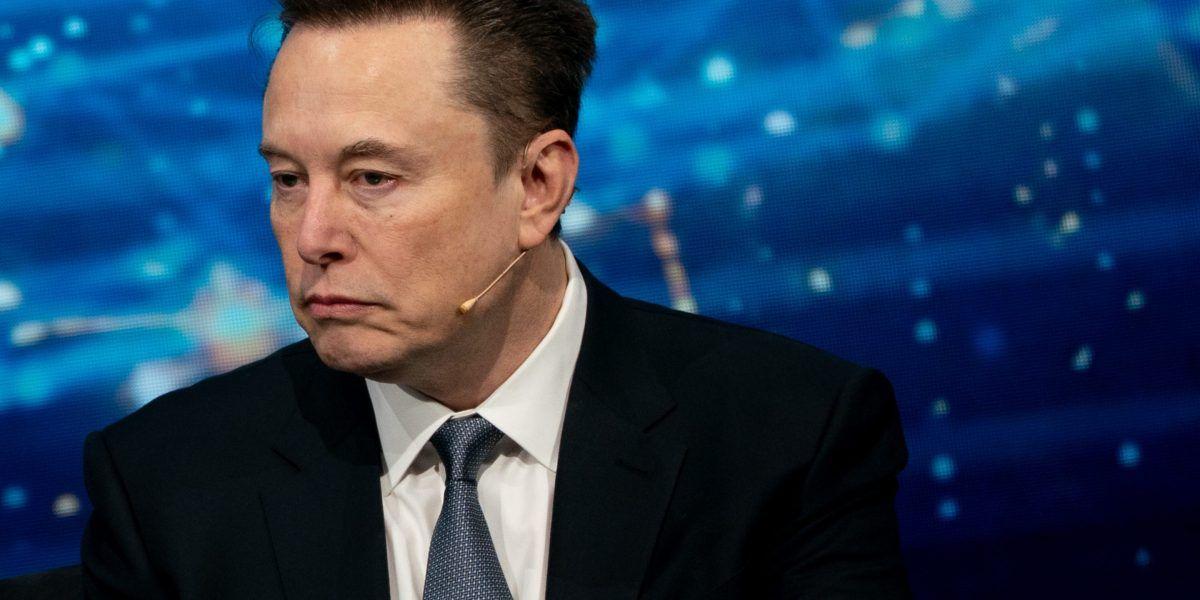
Source: Fortune
This vision aligns with concepts like universal basic income, which Musk has previously described as "universal high income" that would sustain a world without necessary work. The Tesla CEO, worth approximately $470 billion, has significant financial interests in both AI and robotics through his companies Tesla and xAI
3
.Industry Response and Skepticism
Nvidia's Jensen Huang, sharing the stage with Musk, offered a more measured perspective on AI's impact on work. While acknowledging that "all jobs will be different," Huang focused on productivity gains rather than job elimination. "A lot of the things that we do mundanely or arduously or very difficultly are going to be done very simply, and so we're going to be more productive," he explained. However, Huang suggested this increased productivity would lead to people being "more productive and yet still be busier, because we have so many ideas"
4
.Economists express skepticism about both the timeline and feasibility of Musk's predictions. Ioana Marinescu, an economist at the University of Pennsylvania, points to the persistent challenges in robotics development. While AI costs are decreasing rapidly, robotics remain "stubbornly expensive," making large-scale automation difficult to achieve within Musk's proposed timeframe
3
.Related Stories
Current Reality vs. Future Predictions
Despite growing concerns about AI displacement, current evidence suggests the transformation may be slower than anticipated. A Yale Budget Lab report found that since ChatGPT's public release in November 2022, "the broader labor market has not experienced a discernible disruption" from AI automation
3
. However, research from McKinsey suggests 92 million jobs could be displaced by automation by 2030, while Goldman Sachs estimates 300 million jobs globally could be affected1
.Musk's track record of predictions adds another layer of complexity to evaluating his latest claims. He has previously made bold forecasts that failed to materialize, including widespread autonomous robotaxis by 2019 and humans on Mars by 2024
2
. Critics note the disconnect between Musk's utopian vision and current economic realities, particularly for those struggling with basic financial needs.References
Summarized by
Navi
Related Stories
Elon Musk Predicts Work Will Become Optional Within 20 Years Due to AI and Robotics Revolution
01 Dec 2025•Entertainment and Society
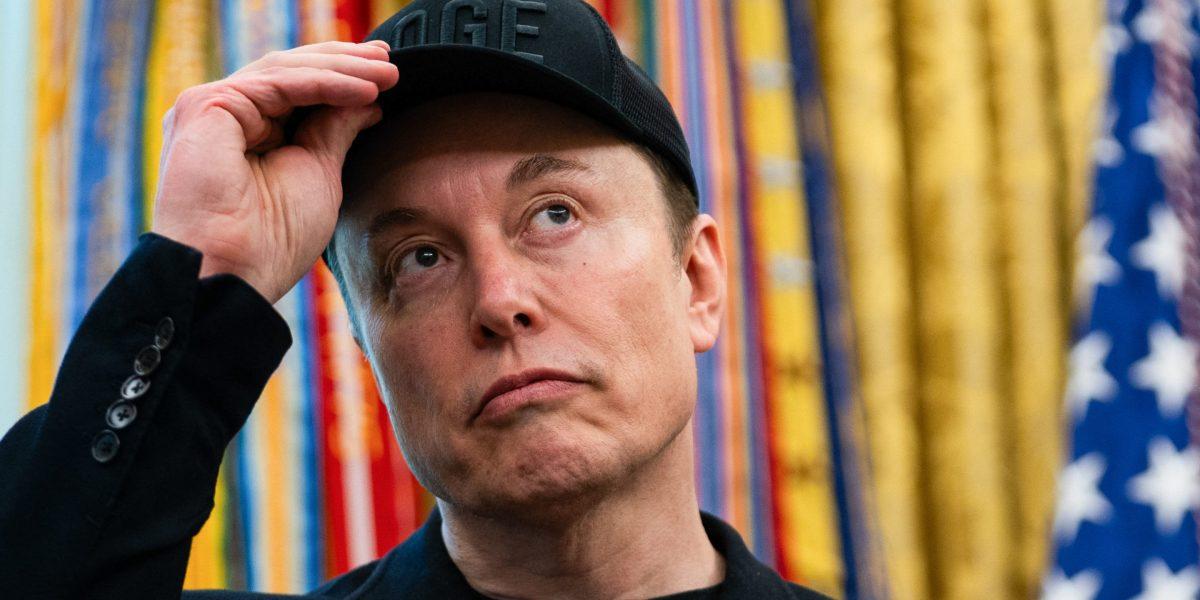
Elon Musk says AI will make retirement savings irrelevant as robots reshape the future of work
13 Jan 2026•Technology
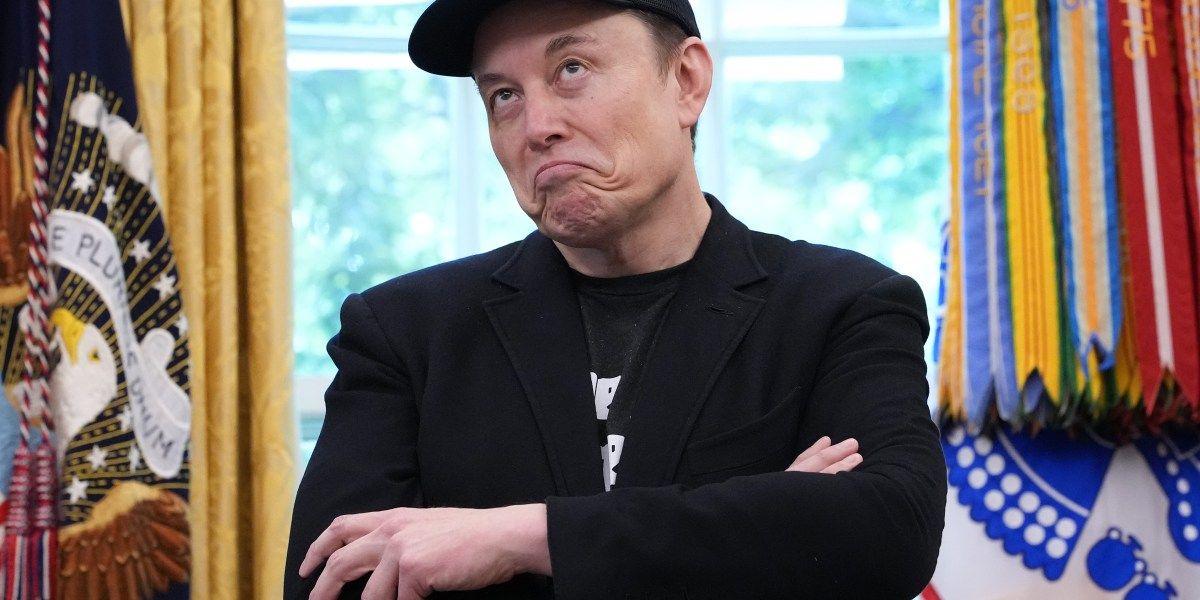
Elon Musk predicts robots will outnumber humans as AI drives unprecedented economic growth
22 Jan 2026•Technology

Recent Highlights
1
Google Gemini 3.1 Pro doubles reasoning score, beats rivals in key AI benchmarks
Technology

2
Meta strikes up to $100 billion AI chips deal with AMD, could acquire 10% stake in chipmaker
Technology

3
Pentagon threatens Anthropic with supply chain risk label over AI safeguards for military use
Policy and Regulation

